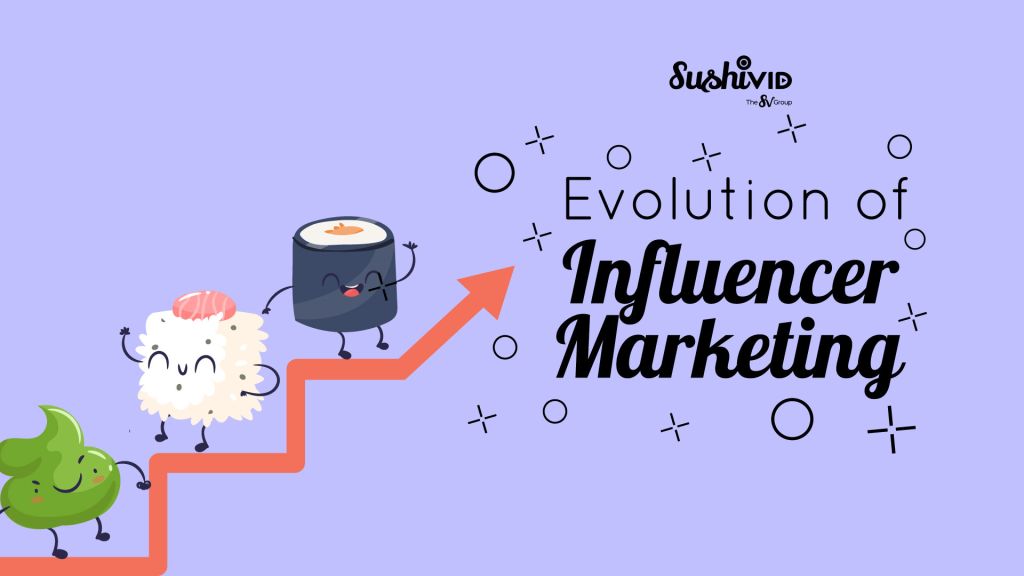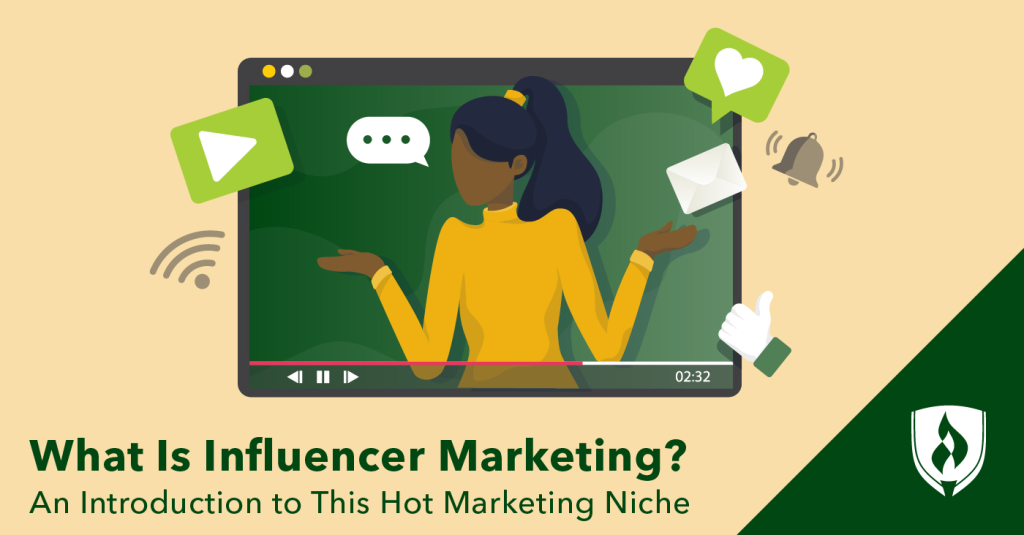Influencer marketing has become an integral part of brand strategies, with the rise of data-driven tools and features on social platforms. As we enter 2023/2024, marketers are adapting to new trends to ensure their success in this ever-evolving landscape. I spoke to industry experts to uncover the key trends shaping the future of influencer marketing.
1. The Rise of Unpolished Content
Authenticity has been a buzzword in influencer marketing for years, but in 2023, it has taken center stage. Raw and unfiltered content has gained popularity, challenging the traditional notion of polished brand assets. Thomas Walters, CEO and founder of influencer marketing agency Billion Dollar Boy, highlights the success of unpolished content, citing the example of Tube Girl, whose partnerships with brands like Hugo Boss have been driven by her raw and authentic content.
This shift in content creation has had a profound impact on brand advertising strategies. Advertisements featuring influencers and user-generated content have become the norm, replacing traditional polished ads. Jennifer Quigley-Jones, CEO and founder at independent agency Digital Voices, emphasizes the seismic shift from polished brand assets to influencer and user-generated content in ads across various channels.
2. The Evolution of Creators
While unpolished content has gained traction, it’s not enough for influencers to simply be authentic. Shray Joshi, CEO and Founder of Good Peeps, highlights the importance of a “value transfer” for influencers to build an audience that converts. Influencers are no longer just social media personalities; they have become trusted and specialized voices in specific topics or fields.

Jonathan Trimble, Co-Founder and CEO at And Rising, describes this shift as the “death of the social graph,” where influencers are no longer just about self-promotion but rather focus on sharing their genuine interests. This transition from influencers to creators marks a shift in the influencer landscape, emphasizing the importance of expertise and specialization.
3. Delivering ‘Niche at Scale’
Brands are now actively collaborating with influencers to create value-focused content that resonates with specific audiences. Keith Foggan, founder at social agency System, emphasizes the need for tailor-made campaigns that have a point of difference to stand out in an oversaturated market. By identifying shared interests with their target audience, brands can create compelling content that aligns with their audience’s preferences.
Thomas Walters also highlights the importance of engaging with sub-cultures and niche communities to drive higher engagement rates and advocacy. However, he cautions brands to approach this strategy with care, ensuring that building relationships with these communities is done ethically and with genuine interest.
4. The Role of AI in Influencer Marketing
Artificial intelligence (AI) has made its way into various aspects of marketing, including influencer marketing. Jonathan Trimble highlights AI’s ability to find an audience without explicitly targeting them, utilizing signals from viewing and engagement behaviors. TikTok’s “signal liquidity” is particularly powerful in matching content to an audience, providing valuable insights for marketers.
Meta, the parent company of TikTok, has also made strides in AI with the introduction of AI-generated chat bots. However, Keith Foggan warns about the potential risks of deep fake content and the importance of clear disclosure to avoid audience confusion and distrust.
5. Regulation and Ethics in Generative AI

As generative AI becomes more prevalent in influencer marketing, Thomas Walters emphasizes the need for regulation to address ethical and moral considerations. The democratization of technology brings both benefits and challenges, requiring a careful balance between innovation and responsible usage.
Walters advocates for a thorough understanding of the capabilities and potential benefits of AI before implementing restrictive regulations. He stresses the importance of involving experts who understand the technology and industry to shape the future of generative AI.
6. The Power of First-Party Data
The focus on first-party data has increased with the phasing out of third-party cookies. Jennifer Quigley-Jones sees an opportunity for influencer marketing to leverage first-party data to demonstrate the value of their campaigns. By integrating tech API integrations, brands can gain a deeper understanding of influencers’ audiences and provide more targeted and personalized content.
Keith Foggan highlights the transparency provided by platforms like TikTok Creator Marketplace and Meta’s business suite, which enable brands to have a clearer understanding of an influencer’s reach and engagement. This shift towards first-party data may also lead to brands bringing creators in-house and creating opportunities for users to opt-in to brand communications.
7. The Future of Social Commerce
Social commerce is on the rise, with influencers playing a significant role in driving engagement and sales on social platforms. Jonathan Trimble predicts that TikTok will become a full-funnel media platform, enabling discovery and sales within the app itself. Keith Foggan echoes this sentiment, emphasizing the integration of ecommerce on platforms like TikTok and the streamlining of the shopping experience.
Livestream shopping is also expected to emerge as a viral trend. Brands are encouraged to integrate live streams into their influencer strategies to capitalize on this growing trend.
In conclusion, influencer marketing is evolving rapidly, driven by trends such as unpolished content, the transition from influencers to creators, delivering niche content at scale, the role of AI, the importance of regulation and ethics in generative AI, the power of first-party data, and the future of social commerce. Marketers must stay abreast of these trends to succeed in the ever-changing influencer landscape.

